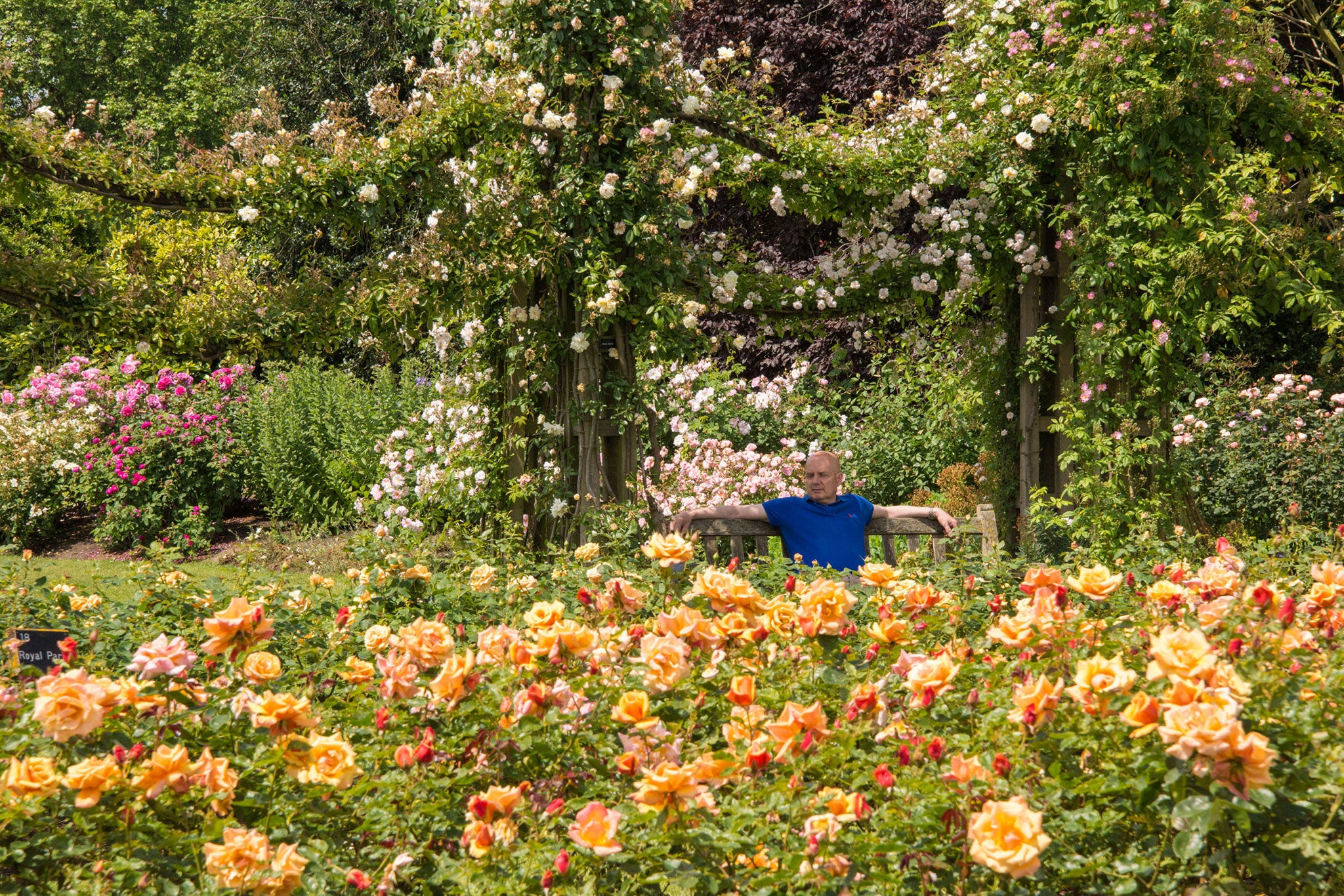Park Notes by Sarah Pickstone, book review: Curious anthology of musings on Regent's Park

A park may be the "lungs of the city", a phrase first applied to Hyde Park then enthusiastically appropriated for New York's Central Park, but it can also be "a landscape of love", according to Elizabeth Bowen and, somewhat more prosaically, "essentially, a dog's toilet". Such is the view of Amanda Coe, who in this park-life anthology, muses that the bodily functions of Elizabeth Barrett's pampered Flush may have been "delegated to an obliging footman… armed, perhaps, with a discreet silver trowel".
This aspect of the inappropriately named cocker is not touched on in the snippet of Virginia Woolf's canine biography anthologised here, though we learn that Flush "always makes the most of his misfortunes – he is of the Byronic school". Similarly, Bowen's short story inspired by her time in Clarence Terrace overlooking Regent's Park is concerned not with love but the implacable infant misery that is a more frequent attribute of park life: "Despair howled round his inside like a wind, and through his streaming eyes, he saw everything quake."
"Curated" by the artist Sarah Pickstone and punctuated by her gorgeous paintings, which contrive to combine portrait, splinter and blur, this covetable volume takes the reader far from the herbaceous border, tea room and floral clock: "Listen to me, Frankenstein. You accuse me of murder and yet you would, with a satisfied conscience, destroy your own creature." Though her prescient chiller was sparked on the shore of Lake Geneva, Mary Shelley sailed paper boats with the poet on the pond of Regent's Park.
An even more tangential association is proposed by one contributor for Stevie Smith's "Not Waving but Drowning": "Pickstone's park is best described as an abstraction, more like a mood or feeling: an imaginary space that might reveal something about our self." This might apply to Woolf's dying moth ("it seemed as if a fibre, very thin but pure, of the enormous energy of the world had been thrust into a frail and diminutive body") or Sylvia Plath's startling anti-poem "On the Difficulty of Conjuring Up a Dryad", though the metaphor seems so evanescent and baggy as to be pointless.
Ali Smith's lively essay/stream of consciousness provides more solid nutrition when she explains how the asymmetry of Regent's Park is due to Henry VIII's left-handedness. "When he drew over the map of the Abbess's woods to mark the land he wanted thus, that's what his hand did, made a great curve there and a straight line here." Pickstone's park – which is almost always Regent's – is equally sinister and idiosyncratic, but you emerge refreshed. As Marina Warner extrapolates, "A park is a place where time changes rhythm, and you can take your time". And there's no closing time.
Join our commenting forum
Join thought-provoking conversations, follow other Independent readers and see their replies
Comments
Bookmark popover
Removed from bookmarks